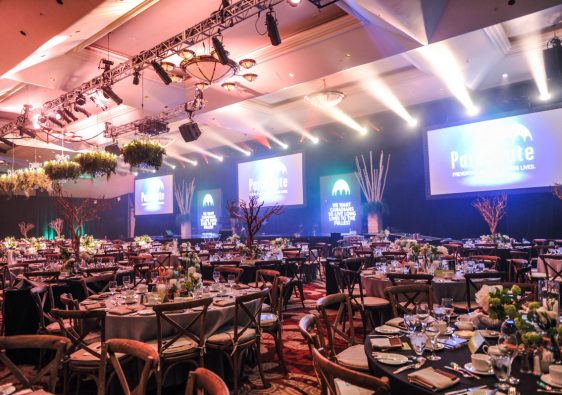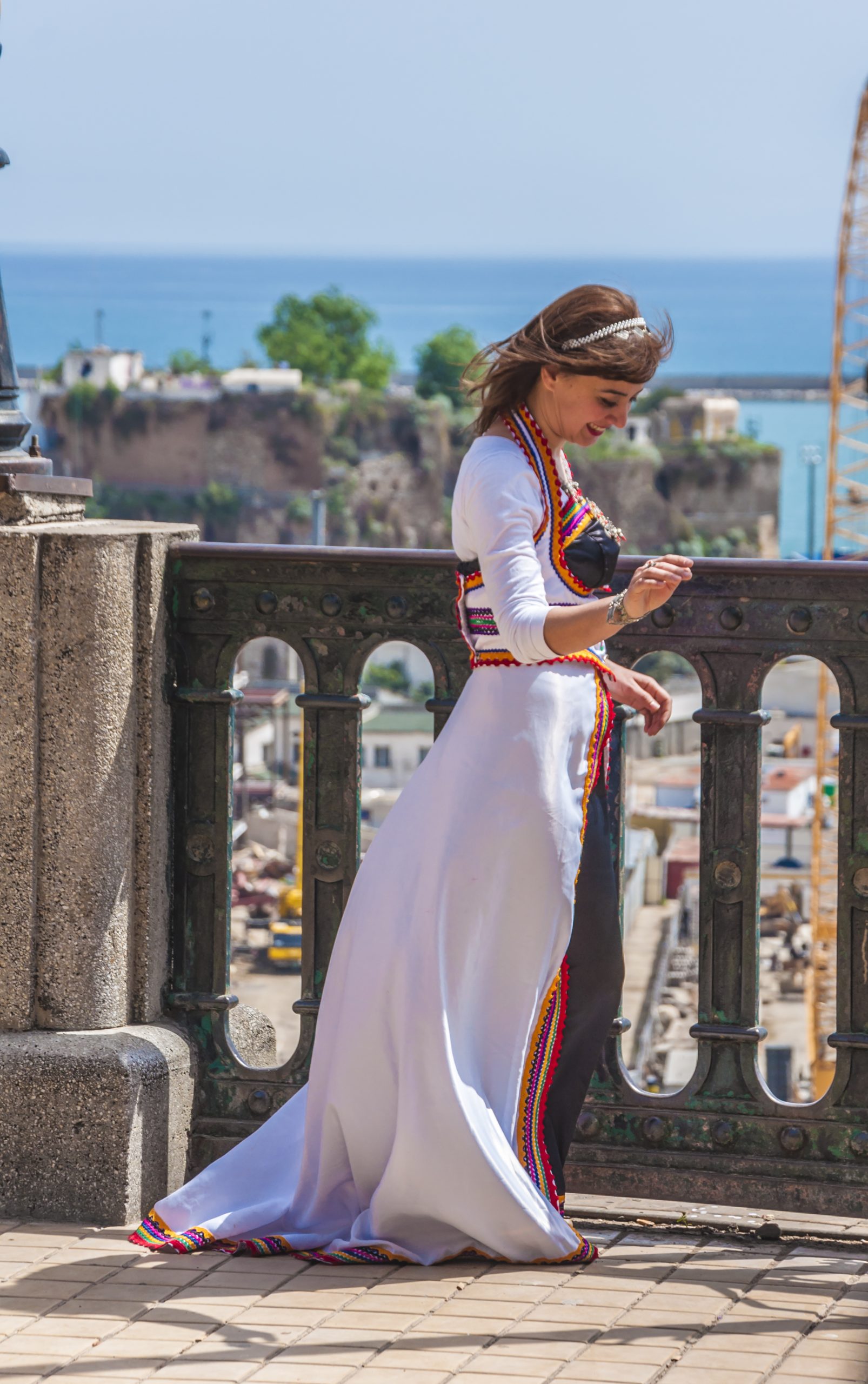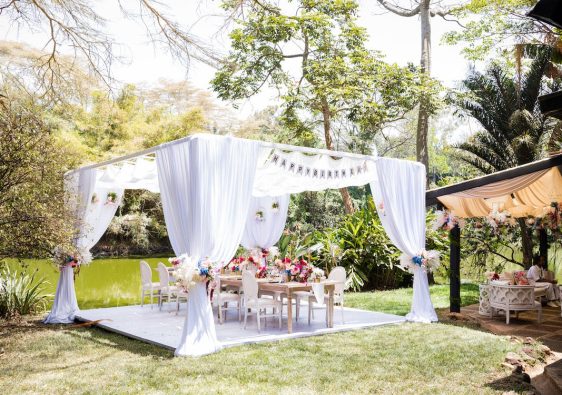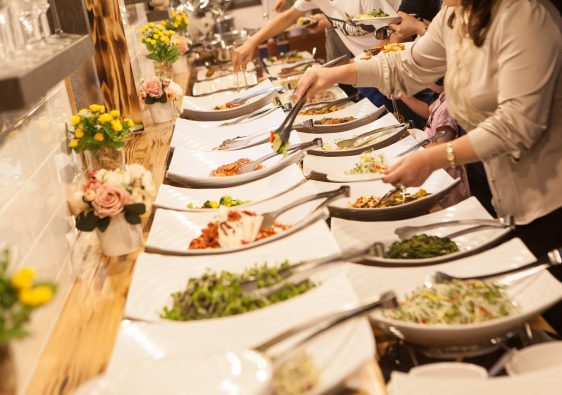In the vibrant tapestry of cultural celebrations, a Kabyle wedding stands out as a unique and richly traditional ceremony. Rooted in the customs of the Kabyle people, an ethnic group indigenous to the Berber region of North Africa, these weddings are a captivating blend of age-old rituals and festive joy. Let’s explore the enchanting journey of a Kabyle wedding, from the pre-wedding preparations to the exuberant festivities that mark this auspicious occasion.
Pre-Wedding Preparations: The Road to Matrimony Begins
Arranging the Match:
The Kabyle wedding journey often commences with the arrangement of the match, a process involving the families of the bride and groom. This stage emphasizes familial harmony and compatibility, and once the match is agreed upon, preparations for the upcoming festivities begin.
Traditional Ceremonies: Honoring Ancestral Customs
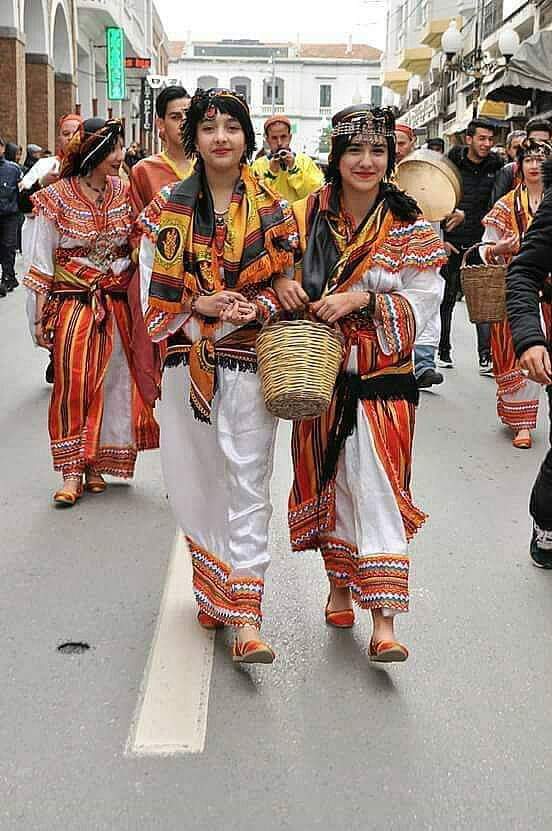
- Henna Night Celebration:
A highlight of Kabyle wedding preparations is the Henna Night, a celebration that unfolds with music, dance, and intricate henna designs adorning the hands and feet of the bride. The ceremony is not only a visual feast but also a symbolic gesture, representing blessings, protection, and the coming together of two families.
- Betrothal Ceremony:
The Betrothal Ceremony, known as “Taɛriḍt” in Kabyle, formalizes the engagement between the bride and groom. Elders from both families gather to exchange blessings, symbolizing the union of not just two individuals but two lineages. Traditional Kabyle attire, adorned with vibrant colours and intricate patterns, adds a visual spectacle to the occasion.
The Wedding Day: A Symphony of Rituals and Revelry
Traditional Attire: Dressing in Cultural Splendor
On the wedding day, the bride and groom don traditional Kabyle attire, reflecting the rich cultural heritage of the region. The bride often wears a majestic dress known as a “taḥdirt,” adorned with embroidery and jewelry, while the groom dons a “qsin,” a traditional Kabyle suit. The outfits pay homage to the ancestral roots of the Kabyle people.
Symbolic Elements: Tying the Knot in Kabyle Tradition
- Exchange of Olive Branches:
A poignant moment in a Kabyle wedding is the exchange of olive branches between the families. Symbolizing peace, prosperity, and the endurance of love, this ritual reinforces the sacred bond created through the union of the bride and groom.
- Traditional Kabyle Feast:
No Kabyle wedding is complete without a sumptuous feast featuring a medley of traditional dishes. From couscous and tagines to a variety of pastries, the culinary offerings mirror the richness of Kabyle culture and hospitality. The communal aspect of the feast fosters a sense of unity and shared joy.
- Dancing and Music: Celebrating with Rhythmic Joy
The festivities reach a crescendo with lively music and traditional dances. The sounds of drums, flutes, and ululations fill the air as family and friends come together to celebrate the union. Kabyle dance forms, characterized by rhythmic footwork and expressive gestures, add a layer of cultural significance to the revelry.
Post-Wedding Traditions: Building a Shared Future
Establishing the Marital Home:
Post-wedding, the newlyweds embark on the journey of establishing their marital home. This process involves setting up a space that reflects the values and traditions passed down through generations. Elders play a significant role in offering guidance and support during this transitional phase.
Continuation of Ancestral Customs: Preserving Cultural Heritage
- Passing Down Traditions:
A Kabyle wedding is not just a singular event; it is a continuation of ancestral customs that link the past, present, and future. Elders play a pivotal role in passing down traditions, ensuring that each generation contributes to the preservation of Kabyle cultural heritage.
- Family and Community Bonds:
Beyond the union of individuals, a Kabyle wedding strengthens family and community bonds. The interconnectedness of families is emphasized, fostering a sense of collective responsibility and shared identity.
A Harmonious Blend of Tradition and Celebration
In conclusion, a Kabyle wedding is a mesmerizing journey that weaves together tradition, celebration, and the timeless beauty of cultural customs. From the pre-wedding preparations to the post-wedding traditions, each step in this ceremonial dance reflects the essence of Kabyle heritage. By understanding and appreciating these rituals, we not only partake in the joyous festivities but also contribute to the preservation of a rich and vibrant cultural tapestry.

